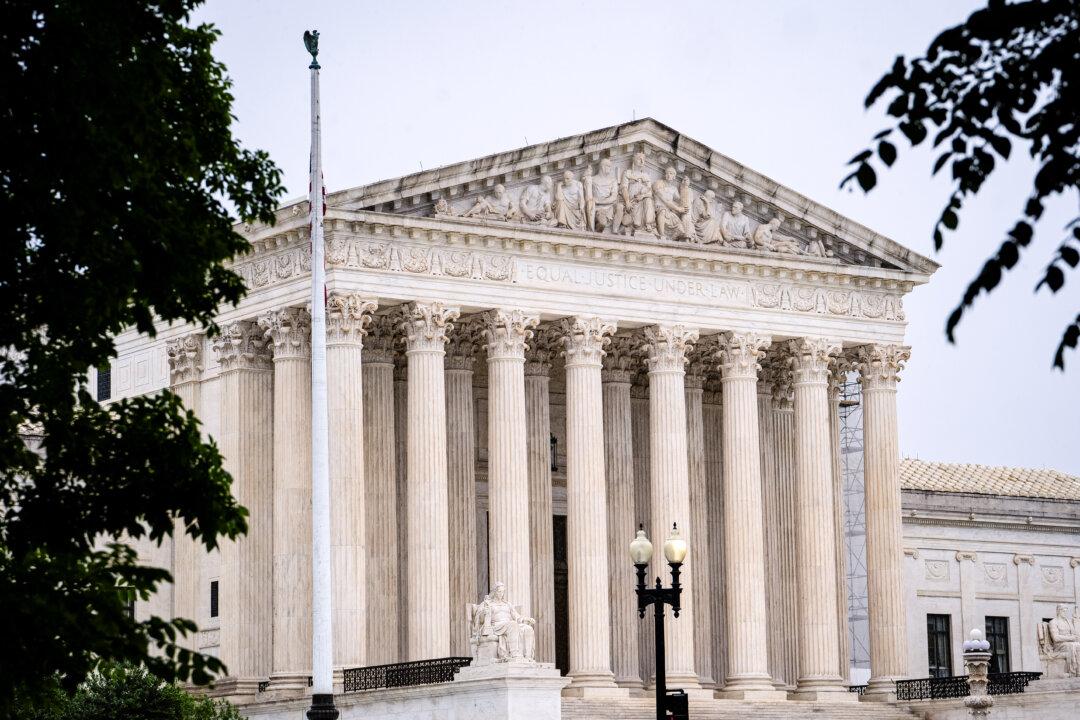The Supreme Court ruled unanimously in favor of Starbucks on June 13, reining in the National Labor Relations Board’s authority to decide whether fired union activists in Tennessee should get their jobs back.
For years, the coffee giant has been battling organized labor, which is trying to unionize baristas across the United States.





